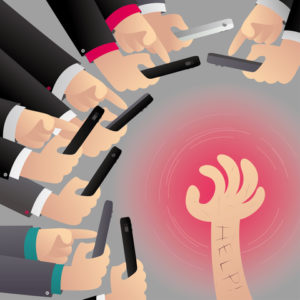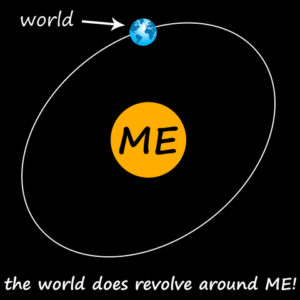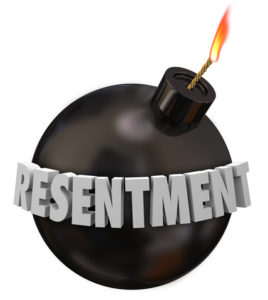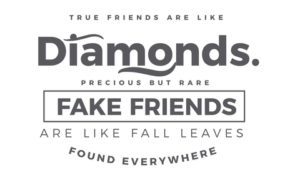
Down through the ages, either at school, the workplace, or the community, people have made excuses for bullies’ behavior, and it can be downright sickening to targets of such evil acts. Often, the bully has gotten away with it for so long that they get too comfortable and no longer try to hide it. It leaves targets feeling not only a sense of injustice and resentment but endangerment! Unfortunately, this happens all the time, and it’s nothing new.
If you’re a target of such brutality and find yourself wondering why people make excuses for bullies, here are your answers below:

1. They’re afraid of becoming the next target. Nobody wants a bully on their back, so they make excuses for the bullies to protect themselves from being ostracized and to keep from arousing the bullies’ anger. These people often “don’t want to make waves” or “rock the boat.”
2. They’re loyal followers of the bullies. Many people are under the impression that being friends or followers of the bullies will give them status, popularity, favors, and, most of all, protection. And in many cases, it does. But in others, the followers are only being used and will be quickly dismissed as soon as they’ve “served their purpose.”

3. They hate the target worse than they hate the bullies. They take the lesser of two evils route. If people hate the target worse than they do the bullies, they’re naturally going to side with the bullies and help demonize the target, all for the satisfaction of seeing the victim suffer.
4. It’s expected of them. And people will often do what’s expected of them to do in an environment. Often, the bullying of a particular individual has become the status quo in that specific environment, whether it be a school, workplace, or community. And no one wants to challenge that for fear of being marginalized and forced to join the target at the bottom of the heap.

Silhouette of two hands with smartphones, shoot a video on a sinking person’s hand, asking for help. The concept of a selfish society, a social problem
5. They prefer to “cheer for the winning team.” Many people will side with the person who wields the most power. When people are on the side of the winners or ones with the most power, they get a share in being one of the big dogs. Many times, there’s a certain amount of social status and prestige that goes with rooting for a particular clique, team, or group who seems to be in charge and run the school, place of employment, or community.
6. They want to be a part of the in-crowd. (See number 5)

7. They think it will keep down the drama and allow some peace in that particular environment. Let’s face it. Bullying is stressful for bystanders and witnesses too. You don’t have to be a target for it to suck the energy out of you. All it takes for bullying to take the oxygen out of the room is for you to see it. So, people make excuses for the bully, often in their presence, to appease them and calm them down.
8. They’re bullies themselves. Birds of a feather flock together. People have a nose for and take care of their own.
9. For purposes of self-interest. The bullies benefit them somehow. If the bullies are stars on the school football team, star performers in a corporation, or successful business people in a community, they boost the image of that school, corporation, or district and often bring or attract money into the coffers of these entities.

The prevailing thought is this, “If someone makes me look good and is bringing in the money, I’d be a fool to do anything to jeopardize it!”
Also, in return for keeping their mouths shut or justifying their wrongdoings, bullies will often reward bystanders and witnesses with social status, perks, favors, and protection. Or the reward may be the feeling of importance in knowing that they’re on the team that holds the most power and prestige.
10. They want to impress the bullies and be admired by them. Many people have a desire to run with the “cool crowd.” Therefore, they make excuses for them to impress them and win favor. They feel that if the bullies, who already have an overinflated sense of their own importance, think well of them too, then they must be hot items themselves. And it’s a huge self-esteem boost.

However, these people are only letting these bullies’ approval define who they are, which is dangerous. Because once the bullies decide they don’t need them anymore, it will be devastating for them.
You must understand that there is a payoff in it somewhere. Human Nature dictates that none of us do anything unless it somehow, someway, appeals to our self-interests, even a little bit. If people make excuses for bullies, you can be sure that those people are somehow benefiting from it, whether it be a psychological, social, or material gain.







































